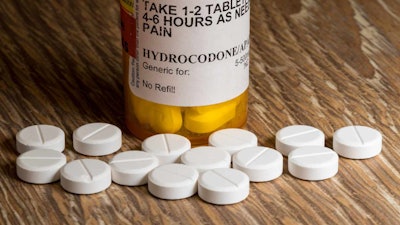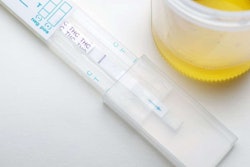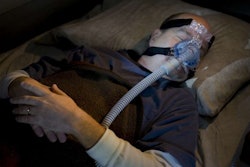The Trucking Law segment is a monthly feature on Overdrive, in which we pose commonly asked questions from truckers and owner-operators to legal experts. In this installment, attorney Paul Taylor explores common questions and concerns surrounding alcohol and drug use as a truck operator. Find all Trucking Law installments via this link.
 Taking a friend’s leftover prescription pain pill for your sudden ache isn’t legal, nor is it OK to take your own if the prescription has expired.
Taking a friend’s leftover prescription pain pill for your sudden ache isn’t legal, nor is it OK to take your own if the prescription has expired.Even responsible drivers sometimes violate regulations concerning controlled substances and alcohol because they don’t fully know the law. Here are some of the more common traps for professional drivers.
Resting in the sleeper berth after using alcohol. Safety regulation 49 C.F.R. § 392.5 prohibits a driver from having alcohol in his or her system while having “physical control” of a commercial motor vehicle, meaning you have immediate access to the keys and your truck is nearby. This applies even while taking a 34-hour restart. The fine points of “physical control” aren’t spelled out, so the best course is to consume no alcohol on the road unless you are lodging in a motel room. If you’re at home, put the truck keys away while you consume some suds on your porch. As for the tolerable blood alcohol level during your downtime, Federal Motor Carrier Safety Administration “guidance” on its own regulation pegs the maximum at 0.02%, roughly the immediate effect of one beer or mixed drink for a man who weighs more than 150 pounds.

Failing to proceed immediately to the testing site. 49 C.F.R. § 382.305 requires a driver to proceed to “the test site immediately” once being notified of selection for random testing. If you’re performing a non-driving safety-sensitive function such as unloading a trailer, your fleet is obligated to make sure you cease work and proceed to the test site as soon as possible. Waiting for traffic to die down, for example, is an impermissible delay and violates the regulation.
Failing to report for a random controlled substance test while off duty. You’re subject to random controlled substance testing while off duty, including while at home or on a vacation. If this is a concern, I suggest turning off your cell phone or not answering it while off duty. As for random alcohol testing, the regulation does not require you to submit to it while off duty. You may be called for a random DOT alcohol test only just before, during or just after performing safety-sensitive functions.
Using someone else’s medication. If you test positive for certain drugs, you are automatically disqualified from operating a commercial motor vehicle until you consult with a substance abuse professional. With respect to certain other controlled substances, a positive test is OK provided you have a current prescription for that drug. In other words, if you have a severe toothache, do not take your friend’s Vicodin, even if off duty. Likewise, do not take your own prescribed controlled substance if your prescription has expired. Abuses such as this can sign a death warrant for your career.
Using marijuana legally. If you test positive for marijuana in a DOT-mandated random test, you become disqualified to drive professionally until you fulfill the recommendations of a substance abuse professional. You’re also disqualified if you test positive in a pre-employment drug test. It does not matter if you used the marijuana legally. State laws do not overrule or void controlled substance testing in the Federal Motor Carrier Safety Regulations.
Marijuana stays in your system for up to 30 days. It’s wise to not bother applying for work with a motor carrier until you have remained off marijuana and other controlled substances for at least 30 days, or longer if you know the carrier uses hair sample testing.
Failing to respond to the medical review officer. The job of a medical review officer (MRO) is to confirm a positive controlled substance test received from a laboratory. In such a case, the MRO contacts the employer, who must tell the driver to contact the MRO to discuss the test results. Do not pass up this opportunity if you have a good explanation for the positive test. For example, if you have a current prescription for the controlled substance for which you tested positive, fax or email a copy of the prescription to the MRO as soon as possible. This advice applies even if you have been fired.









